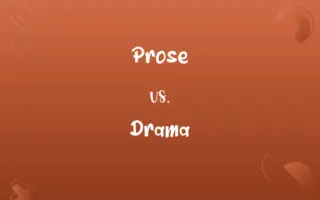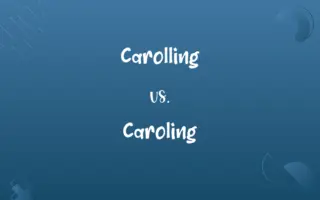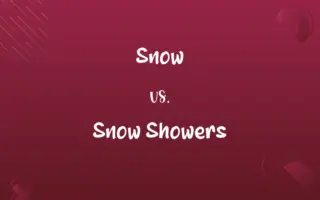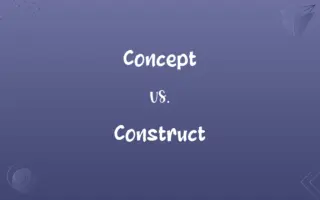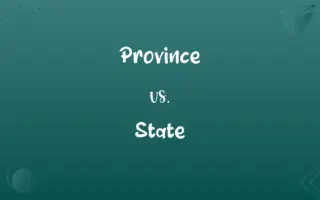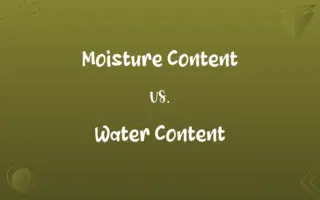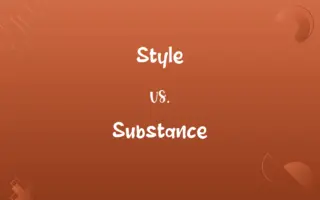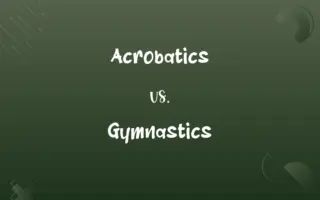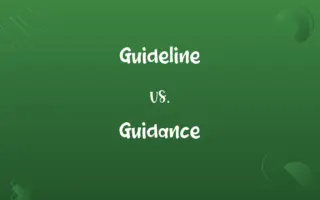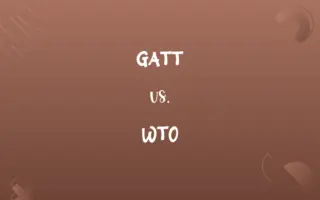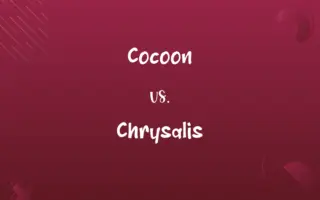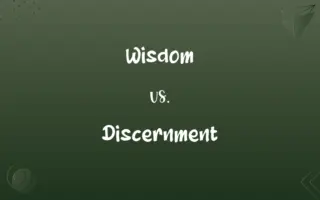Tyed vs. Tied: Know the Difference

By Hifza Nasir & Shumaila Saeed || Published on July 15, 2024
"Tyed" is an archaic spelling rarely used today, while "tied" is the standard spelling for the past tense and past participle of "tie," indicating the act of binding or securing with a rope or cord.
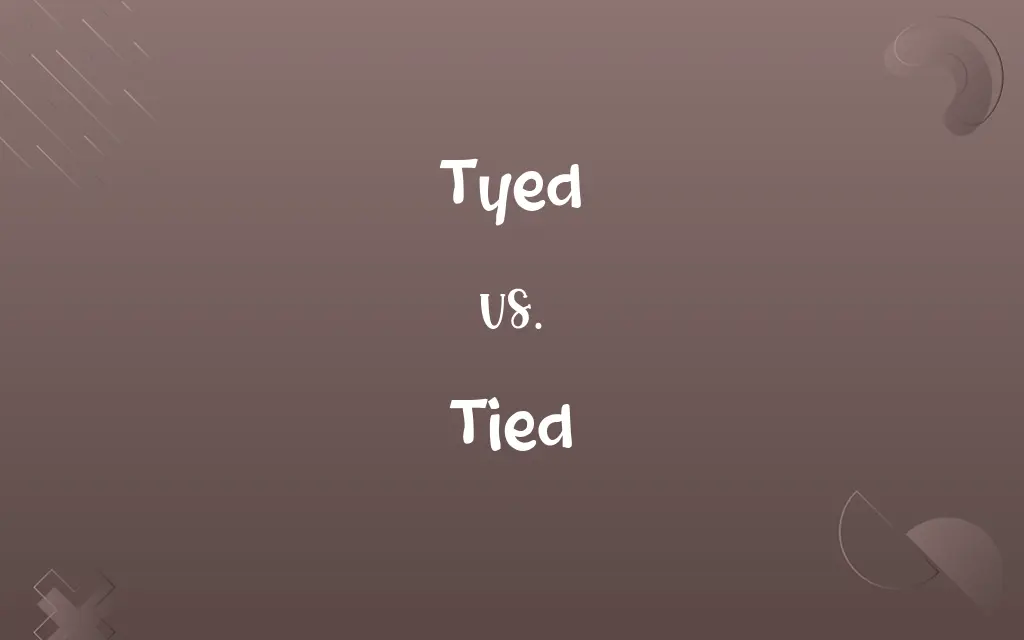
Key Differences
The term "tyed" is an outdated form that one might encounter in historical texts or in specific dialectical uses, reflecting the evolution of English spelling over centuries. In contrast, "tied" is universally recognized in modern English as the correct form to describe the action of making a knot or securing items together, illustrating the standardization of spelling in contemporary language.
Hifza Nasir
Jul 15, 2024
Tied frequently appears in everyday communication, in instructions, stories, and reports, highlighting actions from securing shoelaces to binding documents, "tyed" is practically absent in current usage. This disparity showcases the dynamic nature of language and its adaptation to practical needs over time.
Shumaila Saeed
Jul 15, 2024
In terms of usage, "tied" can be applied in a variety of contexts, from the literal tying of knots to metaphorical applications, such as being tied to responsibilities or given time. The archaic "tyed," however, lacks this versatility in modern discourse, reinforcing the importance of standardized spelling for clear communication.
Hifza Nasir
Jul 15, 2024
The evolution from "tyed" to "tied" also reflects broader trends in English spelling reform and standardization, particularly with the advent of dictionaries and formal education. This transition underscores the language's ability to adapt and streamline for efficiency and clarity.
Hifza Nasir
Jul 15, 2024
Despite its obsolescence, encountering "tyed" in historical documents or literary works serves as a reminder of the language's rich history and the shifts in orthography that have occurred over time. It highlights the importance of context in understanding and interpreting the written word.
Dua Fatima
Jul 15, 2024
ADVERTISEMENT
Comparison Chart
Contexts
Historical, dialectical
Wide range, including literal and metaphorical uses
Hifza Nasir
Jul 15, 2024
Language Evolution
Reflects older spelling conventions
Demonstrates standardized spelling
Hifza Nasir
Jul 15, 2024
Communication Clarity
Limited, due to outdated usage
High, universally understood
Shumaila Saeed
Jul 15, 2024
ADVERTISEMENT
Tyed and Tied Definitions
Tyed
Reflects historical English spelling conventions.
The document tyed the past to present with its language.
Hifza Nasir
Mar 01, 2024
Tied
Past tense and past participle of "tie."
She tied the ribbon around the gift box neatly.
Dua Fatima
Mar 01, 2024
Tyed
Serves as a linguistic artifact of English evolution.
Tyed illustrates the fluid nature of language over centuries.
Shumaila Saeed
Mar 01, 2024
Tied
Appears in various contexts, from literal to metaphorical.
The score was tied, leading to an intense final round.
Hifza Nasir
Mar 01, 2024
Tyed
An archaic spelling of "tied" not commonly used in modern English.
In ancient manuscripts, the word tyed frequently appeared.
Hifza Nasir
Mar 01, 2024
ADVERTISEMENT
Tied
Reflects standard modern English usage.
Instructions often begin with Ensure the rope is tied securely.
Hifza Nasir
Mar 01, 2024
Tyed
Rarely seen outside of historical or dialectical contexts.
In the dialect of the region, tyed was once prevalent.
Hifza Nasir
Mar 01, 2024
Tied
Can signify a connection or obligation.
They felt tied to their hometown by memories and friendships.
Dua Fatima
Mar 01, 2024
Tyed
May appear in poetry or literature for stylistic reasons.
The poet used tyed to evoke an old-world feel.
Hifza Nasir
Mar 01, 2024
Tied
Used to describe the act of binding or securing.
He tied the documents together with a string.
Hifza Nasir
Mar 01, 2024
Tied
To fasten or secure with or as if with a cord, rope, or strap
Tied the kite to a post.
Tie up a bundle.
Hifza Nasir
Mar 01, 2024
Tied
To fasten by drawing together the parts or sides and knotting with strings or laces
Tied her shoes.
Hifza Nasir
Mar 01, 2024
Tied
To confine or restrict as if with cord
Duties that tied him to the office.
Shumaila Saeed
Mar 01, 2024
Tied
To equal an opponent's score in (a contest)
Tied the game with minutes remaining.
Hifza Nasir
Mar 01, 2024
Tied
(archeology) Having walls that are connected in a few places by a single stone overlapping from one wall to another.
Hifza Nasir
Mar 01, 2024
Tied
(philately) a cover having a stamp where the postmark cancellation overlaps the stamp.
Shumaila Saeed
Mar 01, 2024
Tied
Bound or secured closely;
The guard was found trussed up with his arms and legs securely tied
A trussed chicken
Hifza Nasir
Mar 01, 2024
Repeatedly Asked Queries
Where might I encounter the spelling "tyed"?
In historical texts, literature, or specific dialectical works.
Hifza Nasir
Jul 15, 2024
Can "tyed" and "tied" be used interchangeably?
In modern writing, only "tied" should be used for clarity and correctness.
Hifza Nasir
Jul 15, 2024
What is the difference between "tyed" and "tied"?
"Tyed" is an archaic spelling, while "tied" is the correct, modern spelling for the past tense of "tie."
Shumaila Saeed
Jul 15, 2024
Why did "tyed" change to "tied"?
The change reflects the evolution and standardization of English spelling over time.
Hifza Nasir
Jul 15, 2024
Is "tyed" still used in English today?
No, "tyed" is rarely used and considered archaic.
Hifza Nasir
Jul 15, 2024
How does the usage of "tied" compare to "tyed" in contemporary writing?
"Tied" is widely used in all forms of contemporary writing, whereas "tyed" is not.
Hifza Nasir
Jul 15, 2024
What role does standard spelling play in modern English?
It ensures clarity, facilitates learning, and supports effective communication.
Dua Fatima
Jul 15, 2024
Does "tied" have multiple meanings?
Yes, "tied" can be used both literally and metaphorically in various contexts.
Dua Fatima
Jul 15, 2024
Are there other examples of spelling reforms similar to "tyed" becoming "tied"?
Yes, many English words have undergone spelling changes for standardization and simplification.
Hifza Nasir
Jul 15, 2024
How does one decide whether to use "tyed" or "tied" in writing?
Use "tied" for all modern writing; "tyed" is only relevant for historical accuracy or effect.
Shumaila Saeed
Jul 15, 2024
What does the transition from "tyed" to "tied" tell us about language development?
It illustrates language's natural progression towards more uniform and accessible forms.
Dua Fatima
Jul 15, 2024
What is the significance of spelling changes like from "tyed" to "tied"?
They highlight the dynamic nature of language and its adaptation to the needs of its speakers.
Shumaila Saeed
Jul 15, 2024
Is there a grammatical difference between "tyed" and "tied"?
No, the grammatical function is the same; the difference lies in spelling and usage.
Hifza Nasir
Jul 15, 2024
How can understanding the use of "tyed" benefit someone studying English history?
It offers insights into historical spelling conventions and the evolution of the language.
Hifza Nasir
Jul 15, 2024
Share this page
Link for your blog / website
HTML
Link to share via messenger
About Author
Written by
Hifza NasirCo-written by
Shumaila SaeedShumaila Saeed, an expert content creator with 6 years of experience, specializes in distilling complex topics into easily digestible comparisons, shining a light on the nuances that both inform and educate readers with clarity and accuracy.

